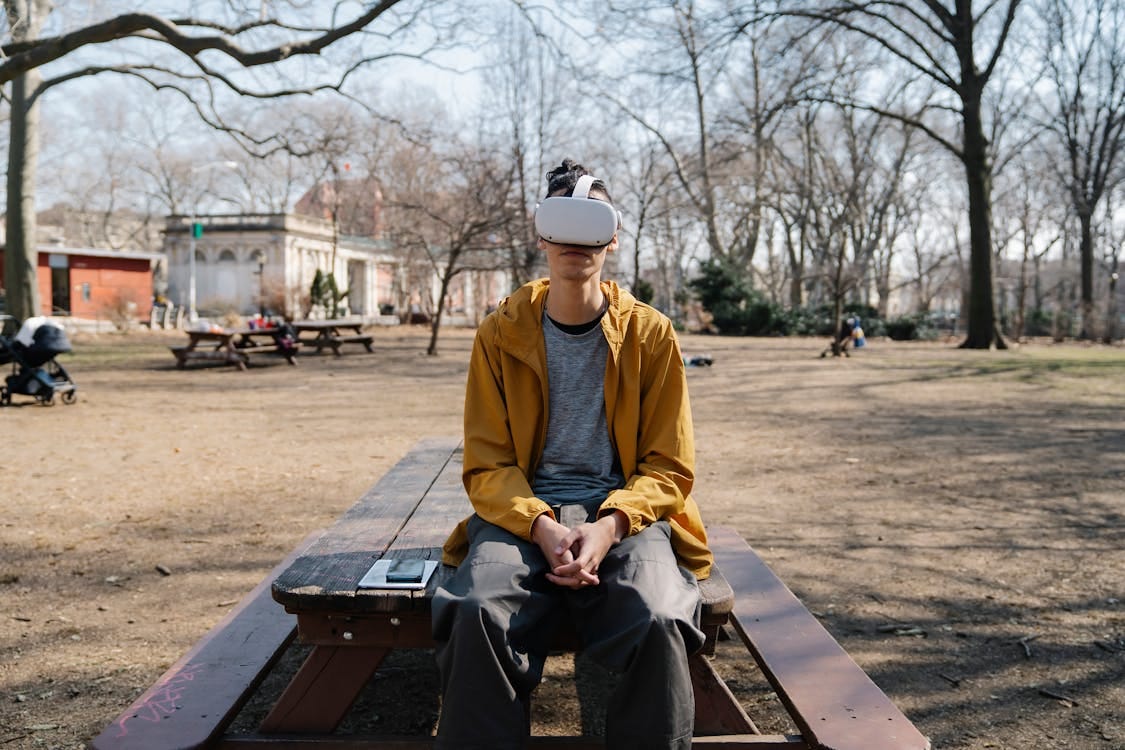Welcome to the fifth issue of Urbanism Now, our weekly newsletter curated with brief and insightful urban ideas from around the world to inspire action where you (c)are.
We reached our 100th newsletter subscriber last week! We’re very happy with where this is going and appreciate all the support from everyone sharing the newsletter with friends and colleagues. Please keep it up!
Let's get started:
Cambridge, MA, approved citywide zoning allowing six-story apartment buildings by-right, a landmark YIMBY policy to address its severe housing crisis. (Submitted by Kevin)
Meanwhile in Florida, lawmakers are considering a bill to curb Wall Street’s purchasing of single-family homes. The Tampa Bay Times reports that investors already own 117,000 such properties.
At The Cloisters, residents are sidestepping augmented reality (AR) dependency by relying on their natural memory. They remember names, scents and even how to care for the sick – skills that challenge the growing reliance on digital aids. This is one of many possible futures in the report "The Augmented City," which explores how AR could affect urban life.
How did a $273 million luxury condo development in Manhattan end up leaning over and abandoned? A riveting New Yorker investigation published this month unpacks the missteps behind the project’s collapse.
Chinese electric vehicle maker BYD announced it will include self-driving technology at no additional cost in all models, with vehicles starting at $10,000 — a sharp contrast to Tesla, which charges $8,000 for its Full Self-Driving package.
You can play the original SimCity (1989) for free on the Internet Archive! This classic 8-bit city-building game has influenced countless urban planners. If you’re not familiar, check out this retrospective video 30 years after the game’s release.
Videos, podcasts, and books:
Bus Rapid Transit (BRT) systems met starkly different fates in Johannesburg and São Paulo. While Johannesburg’s system struggled due to its failure to integrate existing informal transportation networks, São Paulo’s thrived by intentionally incorporating them. This pivotal contrast is explored in Chapter 4 of “Urban Power: Democracy and Inequality in São Paulo and Johannesburg,” a quite approachable book we read this week.
CNBC’s video “How America Got Hooked on Cars” challenges the myth that cars dominated U.S. cities purely by popular demand. Instead it was engineered by a powerful automotive lobbying group known as Motordom. The video examines how the group pushed for government policies and subsidies that reshaped the nation’s transportation — and urban — landscape.
Bright yellow electric buggies that resemble golf carts are now available for minute-by-minute rental in Fulham, London, bridging the gap between cars and micro-mobility options like e-scooters and bikes. YouTuber Ogmios posted a playfully-narrated video of his first ride.
Jobs:
ETH Zurich is hiring a PhD student for Transportation and Mobility Planning to research traffic safety, personal security, or active travel in urban systems. It will start between now and Sept. 1.
Next City and CivicLex seek a journalist for a one-year hybrid fellowship (April 2025-2026) reporting on rural-urban interdependence in central and Appalachian Kentucky. The role highlights collaborative solutions to challenges like housing, transportation, and sustainability. $53,560 salary.
The Vrije Universiteit Brussel (VUB) is hiring a tenure-track lecturer in urban and landscape design for socially inclusive sustainability transition. Apply by March 24.
The Housing Studies Charitable Trust is offering a fully-funded postdoctoral fellowship for early-career housing researchers. The 12-month position must be based at a UK university or research institution. Apply by March 31.
The New York City Economic Development Corporation is hiring a senior planner in its Land Use Department. The role involves managing land use approvals, environmental reviews, and regulatory processes for projects, including initiatives in climate resilience, affordable housing, and public space. $85,000 salary.
Events and deadlines:
AARP is accepting applications for its 2025 Community Challenge grant program, offering funding for quick-action projects that enhance community livability through public spaces, transportation, housing, and digital connectivity improvements. Open to eligible nonprofits and government entities in the U.S. Apply by Mar. 5.
The 2025 National Bike Summit will take place in Washington, D.C., bringing together cyclists, advocates, policymakers, and industry leaders to advance bike safety and infrastructure. The event features workshops, keynote speakers, lobby day, and mobile workshops, with post-conference content for advocacy leaders. Mar. 11-14.
The second international conference on the Future Design of Streets in Portugal (June 26–27, 2025) has an open call for papers and posters, to explore innovative approaches to street design and planning. Proposals are welcome from designers, planners, researchers, and citizens alike. Abstract submission by Mar. 15.
The Critical Perspectives on Urban Political Economy Conference has a call for papers for its upcoming event in Turku, Finland, on May 26-27, 2025. The conference seeks contributions on urban entrepreneurialism, housing crises, green finance, urban justice, and more. Submit abstracts by Mar. 15.
What did you love? What did we miss? Let us know in the comments below.
As always, please share with a friend!
Young man sitting on bench in park with VR headset. Source: Eren Li






That is Greenpoint’s McGolrick park. A wonderful little park.